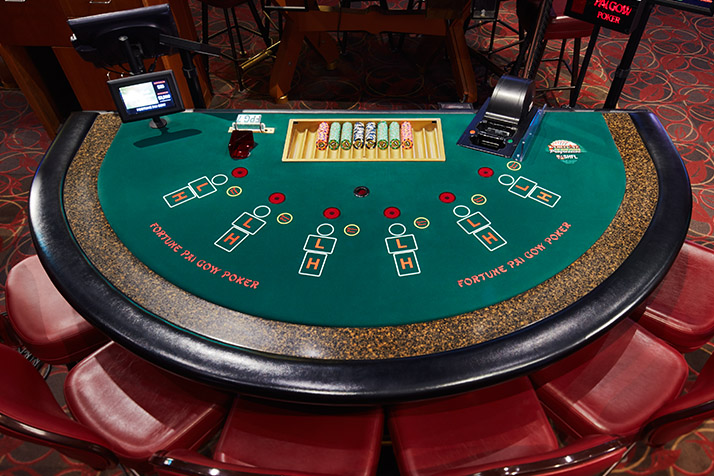A Beginner’s Guide to Poker

Poker is a card game in which players bet on the strength of their hand. The best hand wins the pot. Poker is a mental and physical game that requires patience, attention, and the ability to read other players. There are many different strategies, but most good players share a few key traits. These include reading other players, calculating pot odds and percentages, and making quick decisions. In addition, good players know when to fold their hand and understand the importance of position.
A good poker player is able to focus on the hand in front of them and not get distracted or bored. They also have excellent discipline and can stay committed to improving their game over time. This is the only way to become a profitable player in the long run. The other important skills to develop are smart game selection, bankroll management, and learning from mistakes. A poker player must be able to find the right games for their bankroll and skill level and be willing to put in the work required to improve their game.
In most poker games, one or more players are required to place an initial amount of money into the pot before the cards are dealt. This is called a forced bet, and it can come in the form of an ante, blind, or bring-in. Once the forced bets are placed, the dealer shuffles the cards and deals them to the players, starting with the player on their left. Depending on the variant of poker, there may be several betting rounds during which cards are added to or replaced in the players’ hands. At the end of each round, all bets are collected into the central pot.
If it is your turn and the person to your right has raised, you can say “call” or “I call” to make a bet of the same amount. You can raise a bet as well, but you should usually only do this if you have a strong hand that is worth the extra risk. Alternatively, you can drop (fold) your hand if it is not strong enough to justify calling.
The most common mistake new players make is trying to put their opponent on a specific hand. Instead, a better strategy is to work out the range of hands that your opponent could have and use this information to make an educated decision about whether or not to call your draw. This is a tough skill to master, but there are lots of ways to improve by observing your opponents and taking notes on their actions. For example, track the time it takes for them to make a decision and watch their movements for clues about what they might have. The more you practice and observe, the quicker your instincts will become. You can even try to mimic how experienced players react in certain situations to develop your own style. If you can develop your instincts, you can play poker at a much higher level.